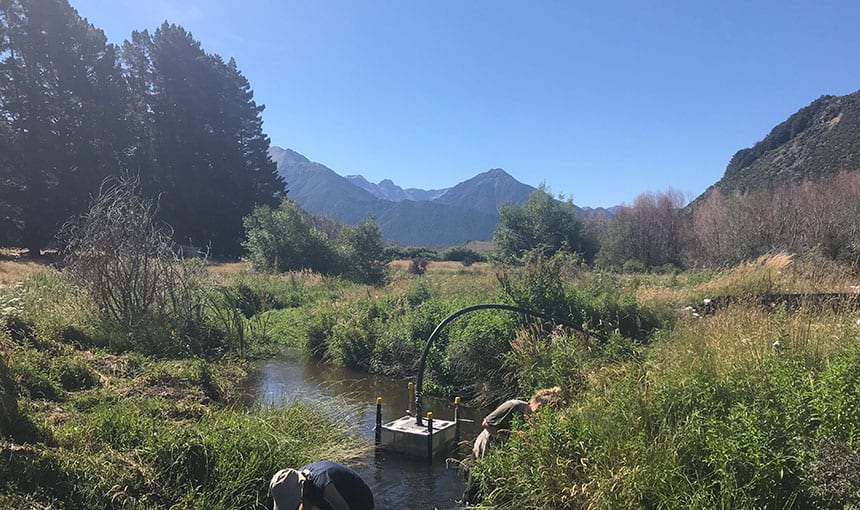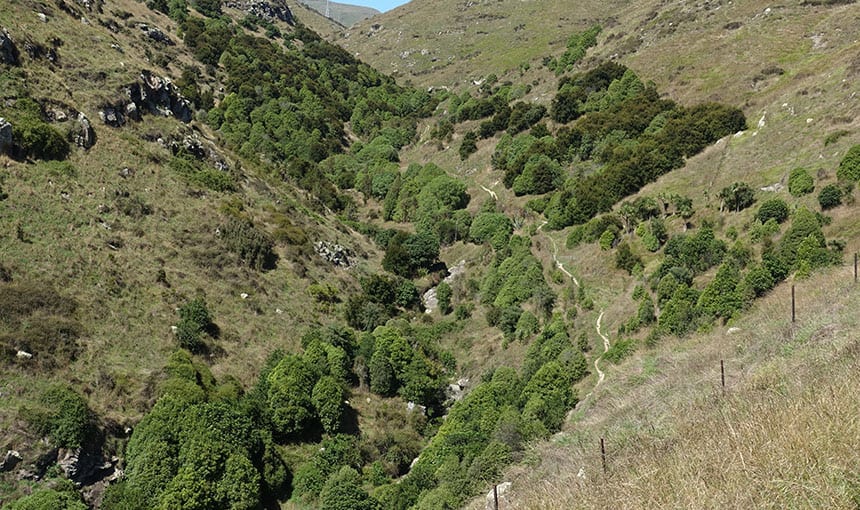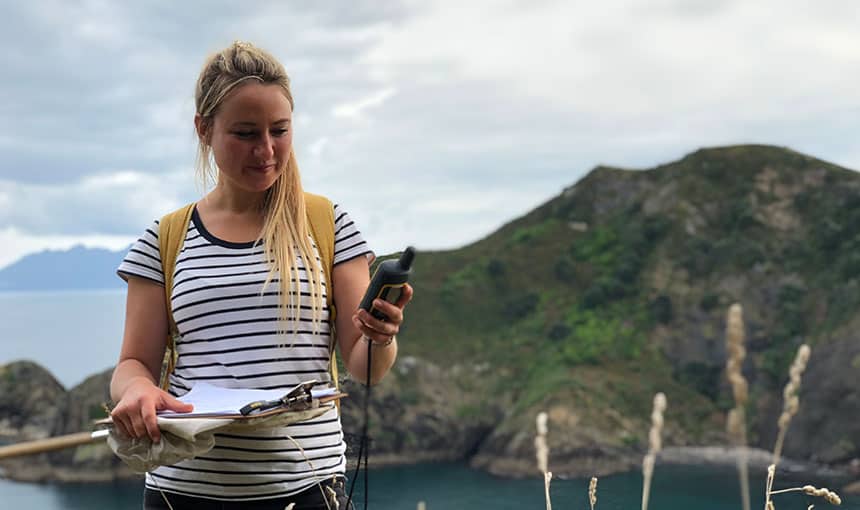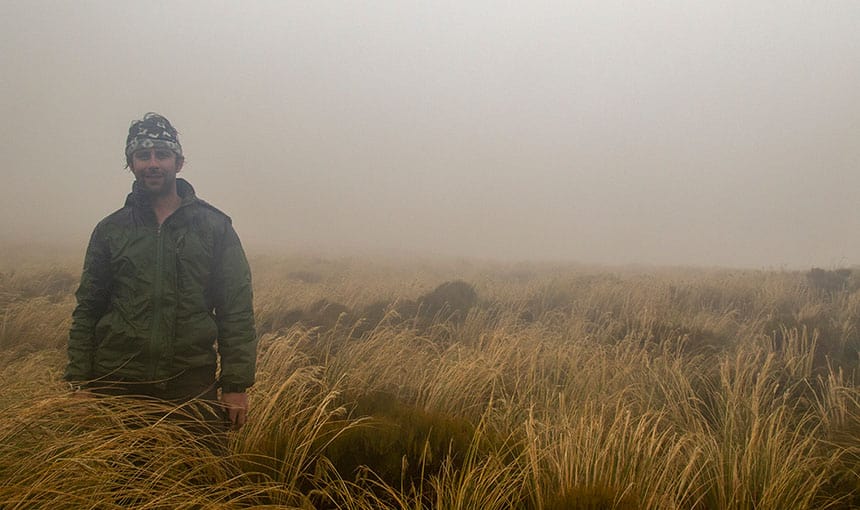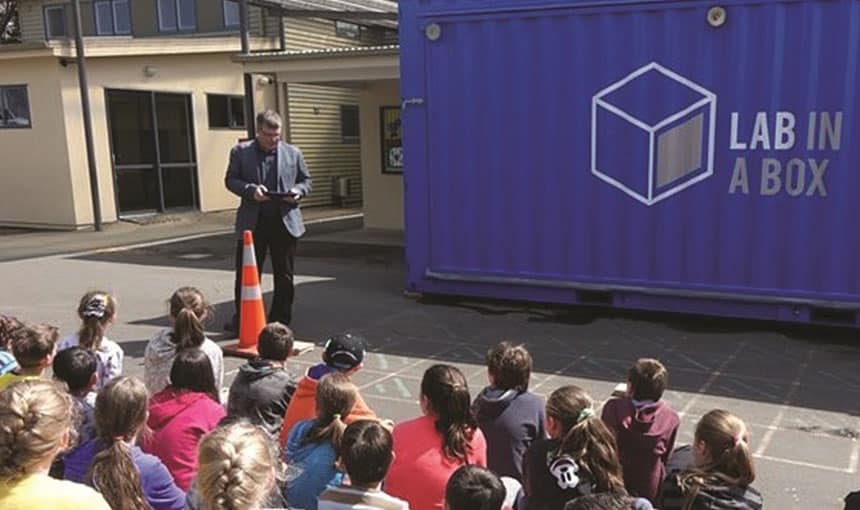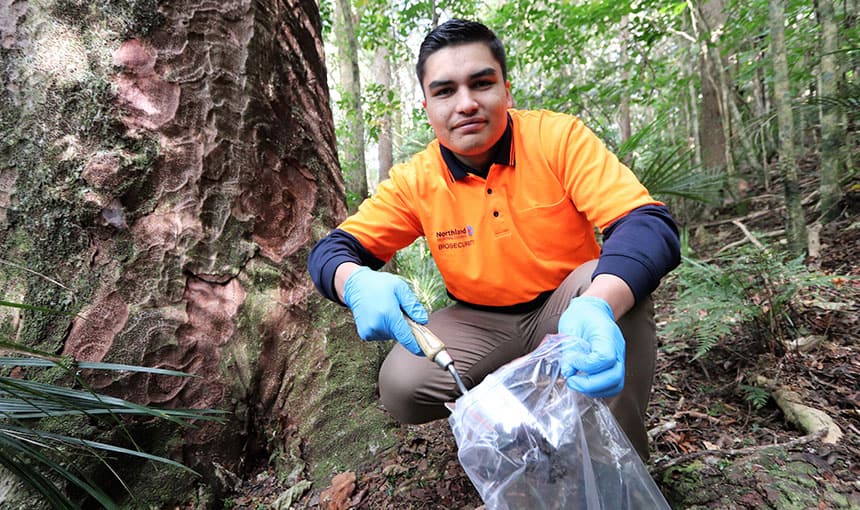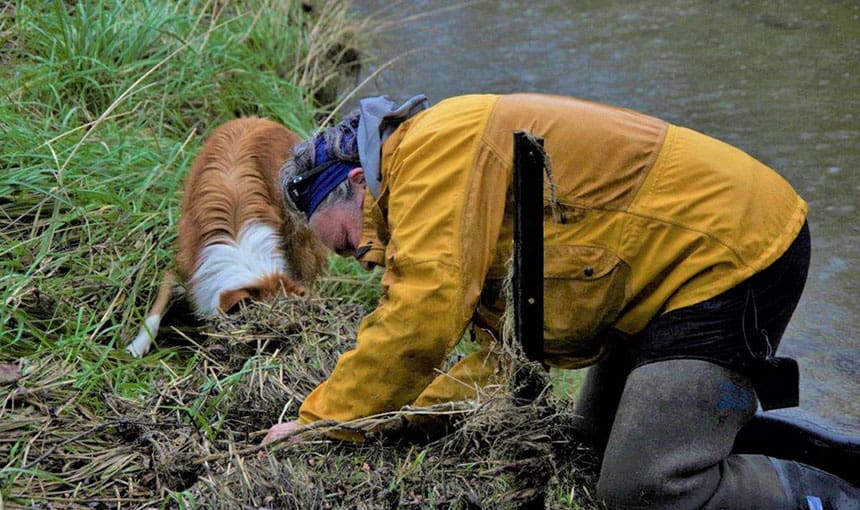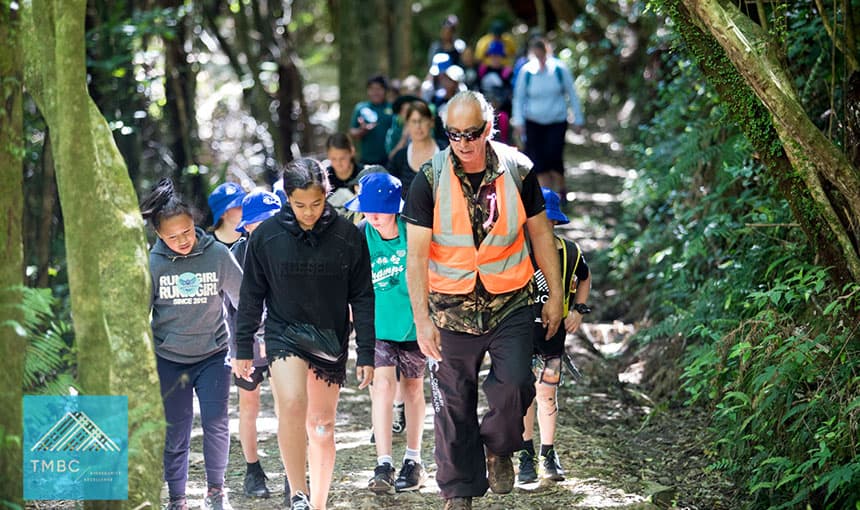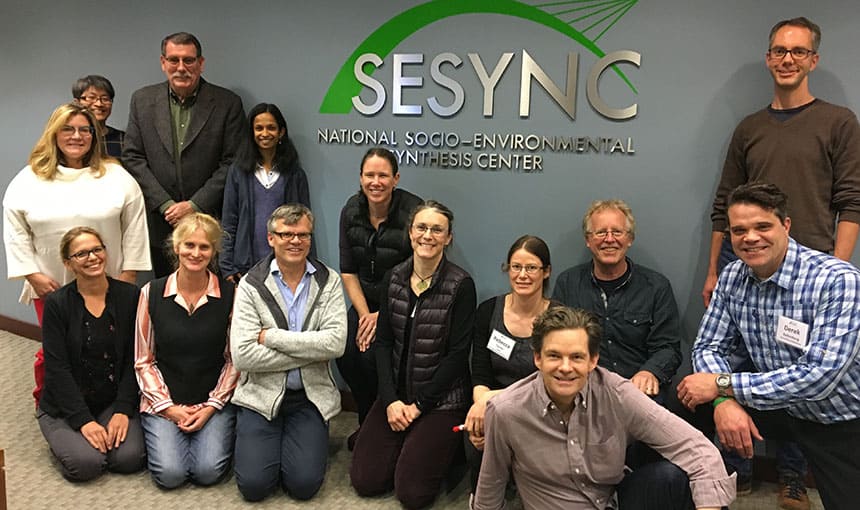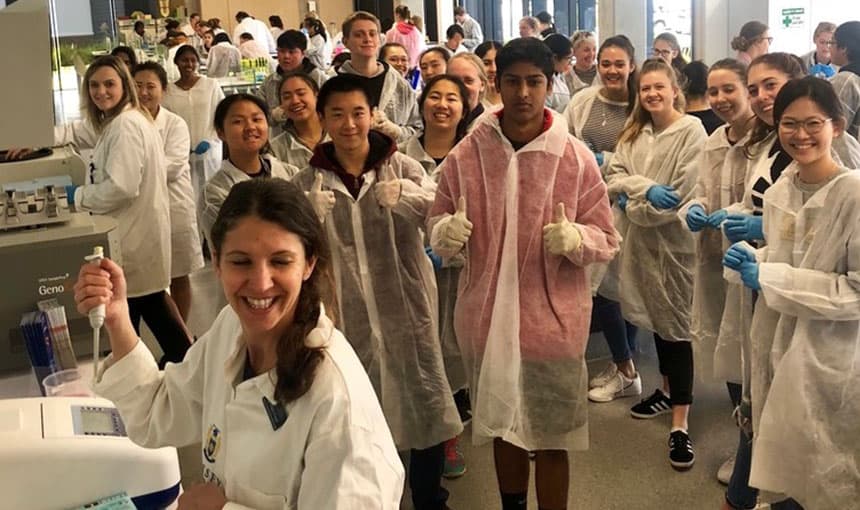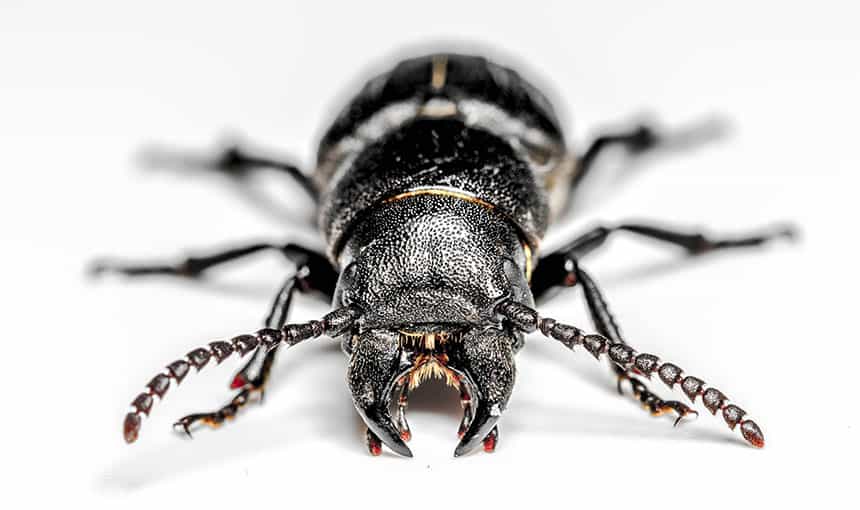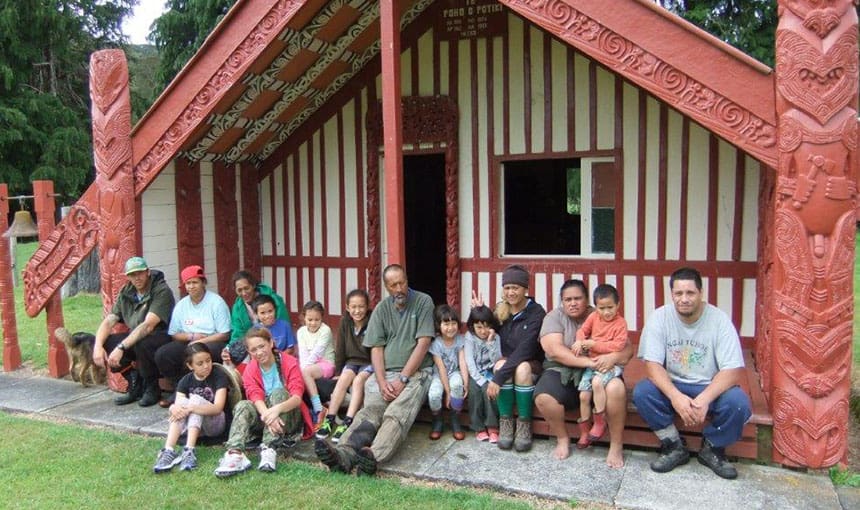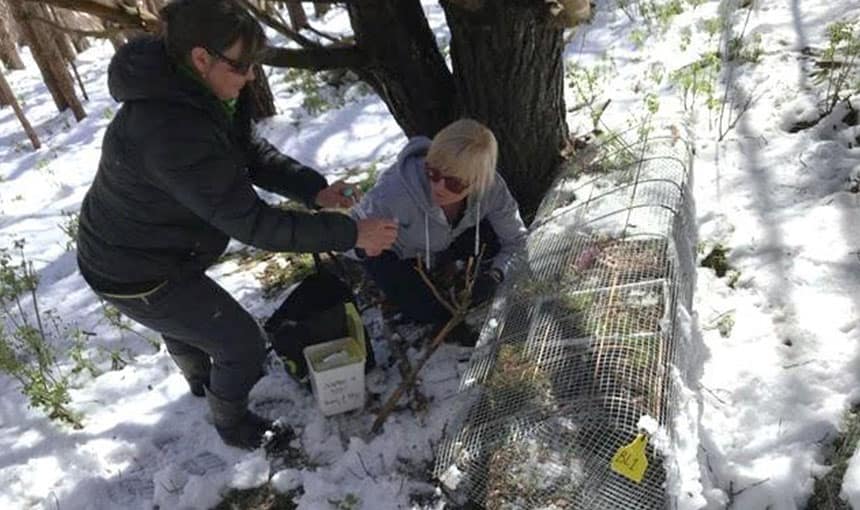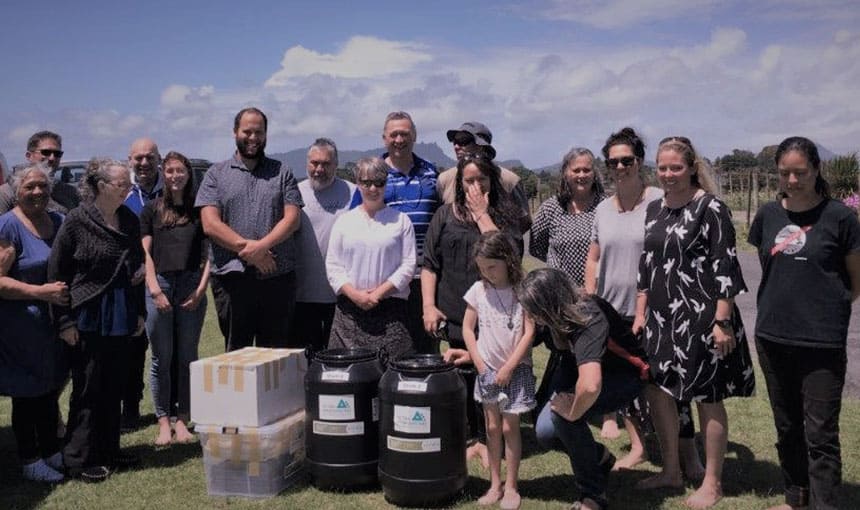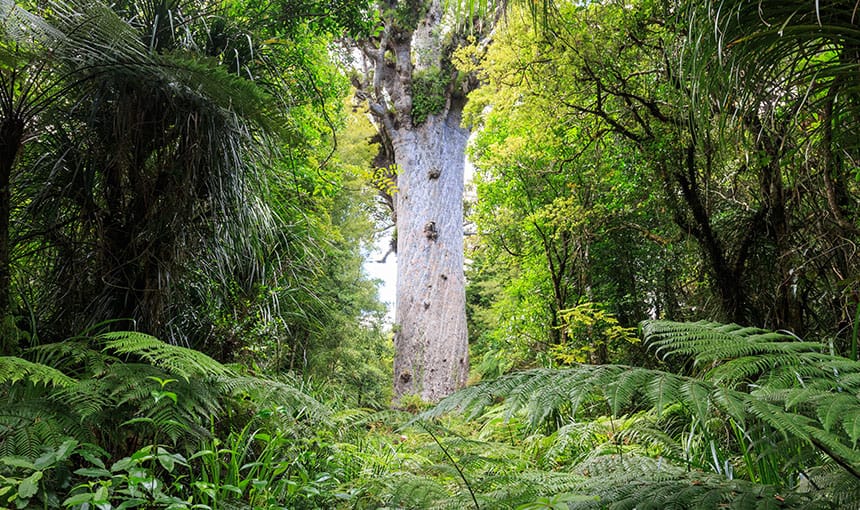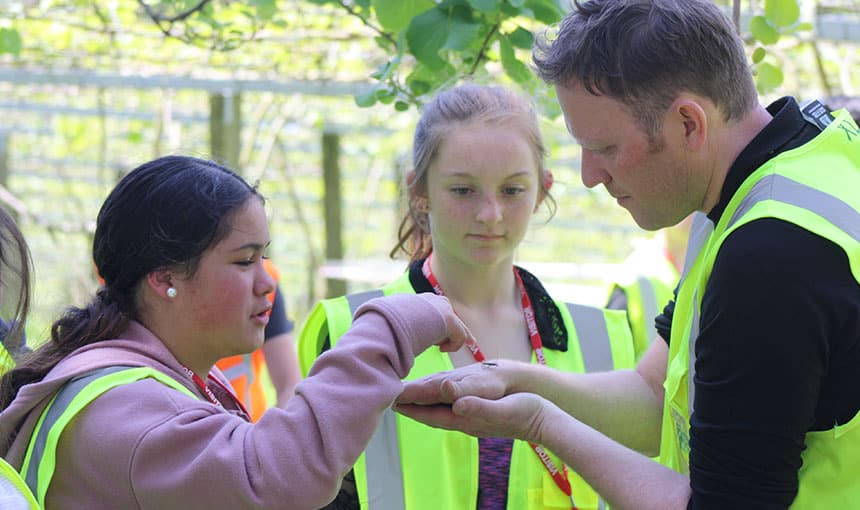Snails could stop freshwater invertebrate populations from recovering, even after the stream habitat has been restored.
Category: News
A one-stop-shop for farmers
A BioHeritage project has inspired the creation of what could be the ultimate biodiversity guide for New Zealand farmers.
Is “Predator free” missing a predator?
While the rest of the country is on a mission to eradicate fluffy, four-legged predators, Julia Schmack is looking at carnivores of a different scale.
A step closer to predator free
The most ambitious multi-species eradication ever attempted is a step closer to reality, thanks to underpinning research assisted by a BioHeritage project leader.
Te Kura o te Kauri gets the green light
Dr Monica Gerth is leading work on Te Kura o te Kauri – The School of the Kauri.
BioHeritage student success
A former BioHeritage student has secured himself a job in a specialist kauri dieback team within the Northland Regional Council.
Habitat-forming organisms key to ecological ‘tipping points’
Habitat-forming organisms are key to the function or prevention of ecological ‘tipping points’, experts say.
Science & research fundamental to biosecurity
Late last year, BioHeritage made two important connections in Tauranga – as part of a collective effort to create a world-class biosecurity system for Aotearoa New Zealand.
Keeping NZ pest-free
An international working group might be the best way of tracking, understanding and predicting insect invasions.
DNA sequencing technology reaches out to students
Cutting-edge technology is enabling scientists to identify what a wild rat had for dinner, which bacteria are in soil, and to see DNA analysis in real time.
Predicting pests before they arrive
A new tool that predicts which pest insects are likely to invade New Zealand will help us get prepared to fight them before they arrive.
Understanding Māori values to guide forest management
Understanding and balancing community values associated with managing a forest is a challenge facing a Māori group in the North Island.
Scientists striving for easy-grow forests
Researchers are developing a customised seed-mix that can be planted to grow large-scale forests of native vegetation as easily as farmers sow pasture.
Seed-bank set to help revitalise Patuharakeke traditions
A hapū near Whangārei is the latest recipient of a seed-bank enabling them to collect and store seeds from local taonga plants.
Critical research to be accelerated
Kauri dieback and myrtle rust research to be accelerated.
Training up Stink Bug finders
Field trips designed to teach students about the science behind protecting New Zealand’s primary industries such as kiwifruit production.
